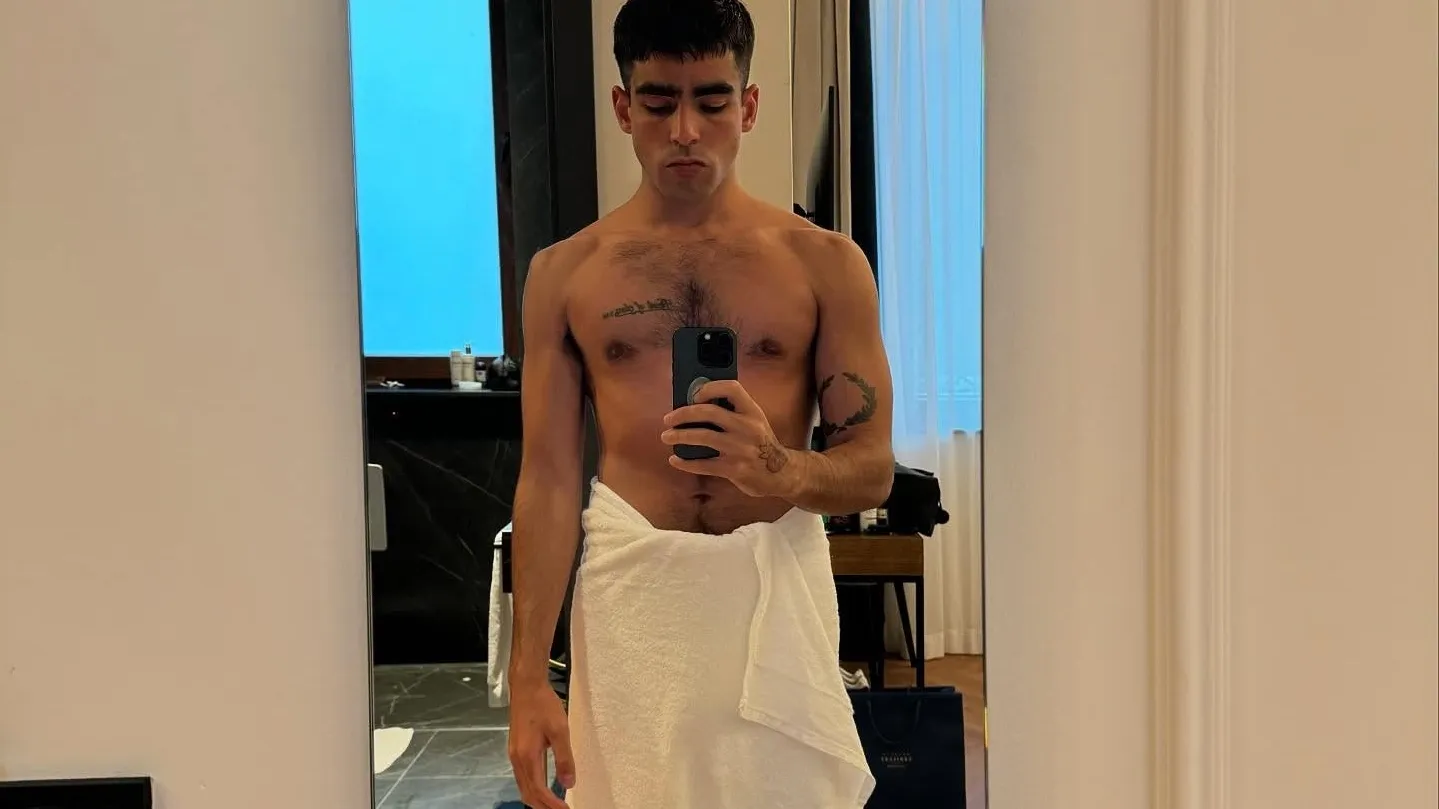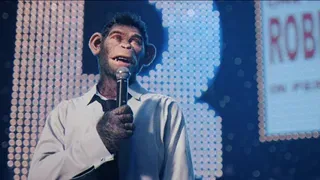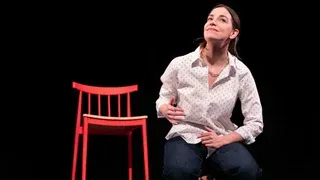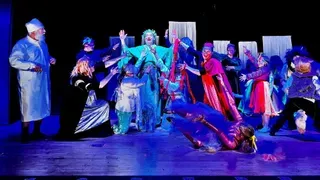April 4, 2014
The Unknown Known
Kilian Melloy READ TIME: 4 MIN.
Errol Morris' new documentary, "The Unknown Known," takes its title from a memo penned (or maybe dictated) by Donald Rumsfeld during his tenure as Secretary of Defense under George W. Bush.
In the memo, which is talking about the possibility of a follow-up terrorist attack after 9/11, Rumsfeld ponders that there are various sorts of known and unknown factors at work: There are the things we know about our opponents, and their plans, methods, aims, and so on, and aware that we know them. (The "known knows.") There are the things that have escaped our knowledge -- holes in our understanding that we recognize as such ("known unknowns"). Then there are the factors that we haven't got the imagination or depth and breadth of understanding to anticipate and so do not conceptualize as things we don't know ("unknown knowns"). Then there are the "unknown knowns," which -- as defined in the memo -- comes across as gibberish. Prompted by Morris into re-examining and re-parsing the idea of the "unknown known, Rumsfeld realizes that he'd got it wrong the first time around; an "unknown known" is something in our knowledge base that we fail to account for, even though we might be staring right at it.
Rumsfeld might be forgiven for getting confused. There's a scene in "Zero Dark Thirty" that echoes that Rumsfeld memo, in which one character (played by Jason Clarke) posits, Rumsfeld-like, "We don't know what we don't know." His superior, cranky and not much interested in such intellectual exercises, snaps, "What does that mean?" "It's a tautology," mumbles Clarke's character, tepidly.
Rumsfeld, in this documentary, is similarly tepid. Surprisingly, so is Morris, who paints a somewhat unflattering picture of Rumsfeld and, by extension, the entire Bush administration vis a vis still controversial subjects as the war in Iraq, the deposing of Saddam Hussein, the muddling in the minds of the American public of Hussein and Taliban leader Osama bin Laden, and weapons of mass destruction.
On the WMD front, Rumsfeld still insists that "absence of evidence is not evidence of absence," but then again, when it comes to suggestions that the Bush administration planted the idea in America's collective consciousness that Saddam Hussein and Osama bin had somehow colluded, Rumsfeld disingenuously declares that he doesn't think there ever was such a perception. Morris trots out the video record that shows how Rumsfeld, never actually saying that Saddam Hussein had a hand in 9/11, still manages to insinuate it by calling Saddam a liar and, therefore, dismissing everything he says as a lie.
But that's a double-edged sword. If Rumsfeld comes across in some parts of this film as the sort of slippery, legalistic type who engages in verbal renditions of "Twister," then how does that not taint his entire interview? More damning still is a recording Morris unearths in the course of retracing Rumsfeld's long and winding career, which entwines with those of various neocons, including W's father, George Bush I. In a tape recording of a conversation between Nixon and Haldeman, Rumsfeld (who was the youngest of Nixon's cabinet members) is discussed as a self-serving operator, someone that Nixon (Nixon!) would be better off without.
But if Rumsfeld twists and spins, Morris seems to lack the energy to pin him down. The topics are free-ranging, from Saddam's fall to the issue of torture (Rumsfeld insists no one under his purview tortured anyone) to the atrocities of Abu Ghraib, but Rumsfeld faces few hardball questions, let along barbed or pointy ones -- except, perhaps, when Morris asks Rumsfeld why he's agreed to appear on camera as the subject of the film. Rumsfeld himself doesn't even seem to know.
Rumsfeld wrote so many memos that his output was likened to a blizzard of paper, and his missives individually were dubbed "snowflakes." Rumsfeld says that he was consumed with worry about what America's enemies might be up to, and how her guardians might be caught napping at the switch again, as his boss was on Sept. 11, 2001, and you believe him: He probably was tossing and turning at night over these very concerns. But there's still a stench of opportunism and cynicism that shrouds the Bush administration's response to 9/11, both at home and abroad, and Rumsfeld does nothing, in this documentary, to dispel it.
Not that everything that Bush and company did post-9/11 was a matter of bending history to their own convenience; the times were strange, and if there's anything more troubling than wondering what intelligence you're missing or not reading correctly, it's the nagging sensation of always fighting the last war even as the enemy is preparing the next one. Morris gives credence to the idea that Rumsfeld simply had no idea what he was doing in the years after 9/11 -- an idea that has some credibility, since that day changed America and thrust the country into uncharted waters. The image Morris employs to put this across is that of the open sea, a visual motif that recurs again and again.
But the other prevalent image is that of a snow globe, filled with whirling white bits -- "snowflakes," like Rumsfeld's memos, a number of which (like the key memo that gives the film its name) Morris prevails on Rumsfeld to read aloud. The open sea, like "the fog of war" that Morris investigated (to more piecing effect) in his 2003 portrait of Robert S. McNamara, conjures a sense of reasonable doubt, but the movie's sentiment is put solidly across. The Rumsfeld of now, like the Rumsfeld of then, is probably subjecting us, to a greater or lesser extent, to a snow job.
Kilian Melloy serves as EDGE Media Network's Associate Arts Editor and Staff Contributor. His professional memberships include the National Lesbian & Gay Journalists Association, the Boston Online Film Critics Association, The Gay and Lesbian Entertainment Critics Association, and the Boston Theater Critics Association's Elliot Norton Awards Committee.







